About Us
A community-based mental wellbeing and preparedness program for fire, drought and extreme weather events
What is Equip?
Equip is a national, community-based mental wellbeing program helping regional people to prepare for environmental challenges like fire, floods and drought.
Our research team is working with communities to:
- Strengthen their support systems;
- Develop coping skills and learn how to work together in a crisis;
- Boost mental wellbeing and fitness; and
- Create lasting solutions tailored to their population and location.
Equip uses a framework successfully used in the wake of natural hazards including earthquakes, floods and wildfires in locations including Nepal, India and Haiti, which has been adapted for Australian conditions. It aims to increase community preparedness and to reduce individual stress by building confidence and sharing resources.
Who is involved?
Equip is led by the University of New England and involves researchers from the University of Adelaide, Curtin University, Federation University, the University of South Australia and Colorado University in the United States. Partners include public health clinicians, industry representatives, and emergency and disaster relief organisations.
Equip is funded by the Australian Government Department of Health and Aged Care through the Medical Research Future Fund.
What is the Equip team doing?
We are selecting nine regional communities with populations of less than 15,000 that are prone to fire, drought and flooding to take part in this ground-breaking program.
We are assembling advisory committees in each community to help us to tailor content for workshops that enable residents to learn strategies to better prepare for and manage environmental disasters.
Data will be collected and evaluated to inform and refine future approaches.
Why is Equip vital to your community?
People are the heart of every community and extreme weather events threaten their mental and physical health.
Equip is partnering with communities that often lack services and support to embed the skills and knowledge they need, to protect their people and their future.
Find out more or register your interest today:
02 6773 5508 : equip@une.edu.au : une.edu.au/equip
The Research Team
Dr Cosh is a clinical psychologist with diverse mental health research skills, including quantitative and qualitative research methods, and translational impact. Her recent projects, highlighting differences in resilience and mental health between those directly and indirectly exposed to the Black Summer fires and piloting community-based interventions for fire prone rural communities forms part of the body of work that have guided this program. She has contributed invited workshops and presentations for the Qualitative Research in Sport and Exercise conference, Australian Psychological Society and the Connecting Minds Global Event and is a board member of the International Society for Qualitative Research in Sport And Exercise. Professor Dr Turnbull has experience in working with multi-disciplinary teams and working with a range of stakeholders to co-design and test an online tool to enhance general wellbeing in the Australian Public. She has also worked with farmers to develop in-depth understanding of their preferences for seeking mental health support, these techniques will be used in the research for this project. She has been working in Indonesia for over 5 years to develop and promote psychology research and practice. In 2015 Dr Turnbull co-chaired an international preconference workshop about health reform in Mexico and has participated in two grant review rounds for the Canadian Government's rapid response to COVID-19. She is currently working with an international team on an APEC sponsored initiative to develop environmental and post disaster curriculum for undergraduate university students. David Lawrence is Professor of Mental Health in the School of Population Health at Curtin University. He is involved in research in the areas of mental health and wellbeing of first responders, child and adolescent mental health and child maltreatment. Dr Turnbull was project leader for Answering the Call, the Beyond Blue First Australian National Mental Health and Wellbeing Study of Police and Emergency Services. The study surveyed over 21,000 employees, volunteers and former employees from 33 Police, Ambulance, Fire and Rescue, Rural Fire, and State Emergency Service organisations from across Australia. He also led the recently completed After the Fires study which investigated he impacts of the 2019-20 Black Summer bushfire season on the wellbeing and resilience of Australia’s first responders. His research experience covers a range of disciplines including mental health, biostatistics and epidemiology, and Indigenous wellbeing. He has expertise in the analysis of linked administrative data sets, data from complex household surveys, psychiatric epidemiology and mental health surveillance. Dr Gunn has diverse rural research skills and leadership capacity, including her ability to meaningfully contribute to projects that employ both qualitative and quantitative methods and co-design and translate research findings into real-world gains for rural populations. She was an invited member of the inaugural Premier's Council for Suicide Prevention (2018-2022) which was responsible for the first Suicide Prevention Act to be passed anywhere in Australia, and is the wellbeing lead for the SA Drought Hub. She was awarded the Farmer of the Year Award for Excellence in Agricultural Research in 2022, is a recipient of the Premier's Young Achiever of the Year Award for SA and has recently been appointed to the World Farmers' Organisation's Scientific Committee. Dr Thoms research spans across environmental science, climate change, management and policy. His publications highlight interdisciplinary research in the area of water resilience across the areas of social - ecological systems, river management and water resource management. He is currently a board member of two Federal committees focused on water allocation in the Murray Darling Downs. He was a founding member and President of the International Society for River Science and is a reviewer or panel member for the Australian Research Council, US National Science Foundation, European Science Committee, New Zealand Marsden Grant Foundation and the South African Research Commission. Dr Van Hooff’s research has contributed significantly to gaining a better understanding of the mental health challenges faced by Australian community members and emergency services personnel exposed to traumatic events such as bushfires. She has led several large scale national epidemiological studies on the mental health of current and former serving Australian Military and Emergency Service Personnel and has a particular interest in the longitudinal and inter-generational impacts of childhood trauma exposure. She is the Veterans’ Family Research Lead at Gallipoli Medical Research and runs her own research consultancy business. She is currently the Chair of the South Australian Veteran’s Advisory Council and a Board member of Defence Kidz. Dr Tully has >150 peer reviewed papers and expertise in health-, neuro- and clinical-psychology, clinical trials, implementation-science and biostatistics. His recent projects include NHMRC funded projects in brain health and cardiac rehabilitation, as well as Commonwealth and NGO funded interventions in communities exposed to the Black Summer fires and anxiety related to climate change. He has contributed invited lectures, symposia and workshops for the Australian Psychological Society, Mental Health Practitioners Network, Australian Cardiovascular Health and Rehabilitation Association and National Heart Foundation nurse ambassadors program. Dr Rikkers' research focus includes the mental health and wellbeing of Police and Emergency Services Personnel. She has been a part of the team for the studies, Answering the Call and After the Fires, studying the impact of the 2019/20 Black Summer bushfires on firefighter wellbeing. Her research experience and expertise are complemented by 30 years experience with the Australian Bureau of Statistics where she was previously the Director, Client and Statistical Services. Dr Bennett is a K/Gamilaroi Aboriginal woman with extensive and strong connections with individuals, communities, and organisations across Australia. She is an EMCR and a Professional Research Fellow with specific research and clinical expertise and experience with mental health and well-being trauma, and crisis response in Indigenous Australians. Dr Bennett is passionately committed to engaging and networking with Aboriginal and Torres Strait Islander communities. She was the lead on a 2018 ARC Discovery Indigenous grant examining cultural responsiveness in social work practice and in 2023 on Utilising Simulation to develop culturally responsive social workers. Dr Parsons is an interdisciplinary scientist specialising in applied resilience across the areas of disaster management, river management and urban and regional planning. She led the development of the Australian Disaster Resilience Index (ADRI) with the Bushfire and Natural Hazards CRC, collaborating Australia-wide with emergency service and disaster management agencies. She also collaborates with government agencies to build disaster resilience in Australian communities. Dr Parsons has been invited into advisory positions for the emergency management sector, and is the Editor in Chief of the Australian Journal of Emergency Management. Dr Bi leads a team of 20 people undertaking climate change and health adaptation research. His research has comprised the direct health effects from climate change including impact on mental health, associated healthcare costs and vulnerable population identification. His research has also covered the impact of heatwaves on work health and safety (WHS). He has given over 40 plenary/invited presentations and has been invited to serve on major international review panels. Dr. Amy Lykins is a Professor in Clinical Psychology, a registered Psychologist with Clinical endorsement, and a Board-approved supervisor. She works at the intersection of the environment and human mental health and behaviour. Dr. Lykins has an established track record of successful inter- and multi-disciplinary collaborations and grants with other academics and industry partners in human and environmental geography, agriculture, business, social work, nutrition, and animal welfare. Her current ongoing research projects focus on the development and assessment of community-based psychological and physical preparedness programs for rural Australian communities at risk of extreme weather events, understanding the mental health effects of climate change and extreme weather events on young people and developing interventions to promote positive mental health and resilience, investigating sustainable and healthy diets and developing evidence-based strategies to encourage broader adoption, and promoting positive welfare behaviours when engaging with horses and Australian native wildlife. Dr. Lykins has delivered numerous invited and accepted research presentations both nationally and internationally, and currently serves on the board of two Q1 interdisciplinary research journals. With over 15 years of research and evaluation expertise, Dr Welton-Mitchell has led global initiatives, including the design, implementation, and evaluation of group-based mental health interventions integrated with content on violence prevention, emergency preparedness and climate adaptation. Her participatory community-based research on traumatic stress explores factors influencing preparedness and recovery from interpersonal violence and natural hazards including earthquakes, floods and wildfires in locations including Nepal, India, Haiti and Australia. She co-developed the intervention upon which this initiative is based and collaborated with the CI team to develop the Australian adaptation. Dr Taylor has worked in clinical psychology roles in remote areas in South Australian and in Alice Springs and co-led the establishment of an allied health service for young Aboriginal children and their families and caregivers. Her research has a strong applied focus, with a specialisation in mental health and wellbeing research that has translatable outcomes for communities. She has developed strong cross-disciplinary relationships with clinicians and researchers, and with key stakeholders in the disaster management sector. She has been an Associate Editor of Clinical Psychologist journal since 2021 and acts as an invited peer-reviewer for national and international journals. Dr Warren Bartik is a clinical psychologist with extensive experience working with children and young people in rural and regional Australia. Warren is a Fellow of the Clinical College of the APS, and a Psychology Board Approved Supervisor. He is most interested in knowledge translation research that has real world impact to support mental health and wellbeing in rural and remote communities. Warren has specific research interests and collaborations in the mental health of rural young people, mental health responses to climate change and bushfire, first episode psychosis, and technology approaches for mental health care in rural Australia. He has published research and contributed papers, workshops, and presentations for the Australian Psychological Society and American Psychological Society on rural youth suicide bereavement, technology and mental health, climate change and mental health, clinical supervisor competencies, and collaborative support for mental health issues in rural populations. Dr Jefferys is a clinical psychologist who specialises in teaching advanced clinical skills training in rural and regional practices, focusing on practical and applied clinical work in regional, rural and remote regions. Her research interests include rural and remote psychology, schools psychology and men's health in rural and remote regions. Dr Sundaraja is a senior lecturer in Clinical Psychology at the University of New England. She is an experienced clinical psychologist and a neuropsychologist. Her research interests are climate change and mental health and psychological interventions (individual and group)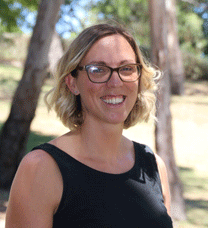 Associate Professor in Clinical Psychology - University of New England
Associate Professor in Clinical Psychology - University of New England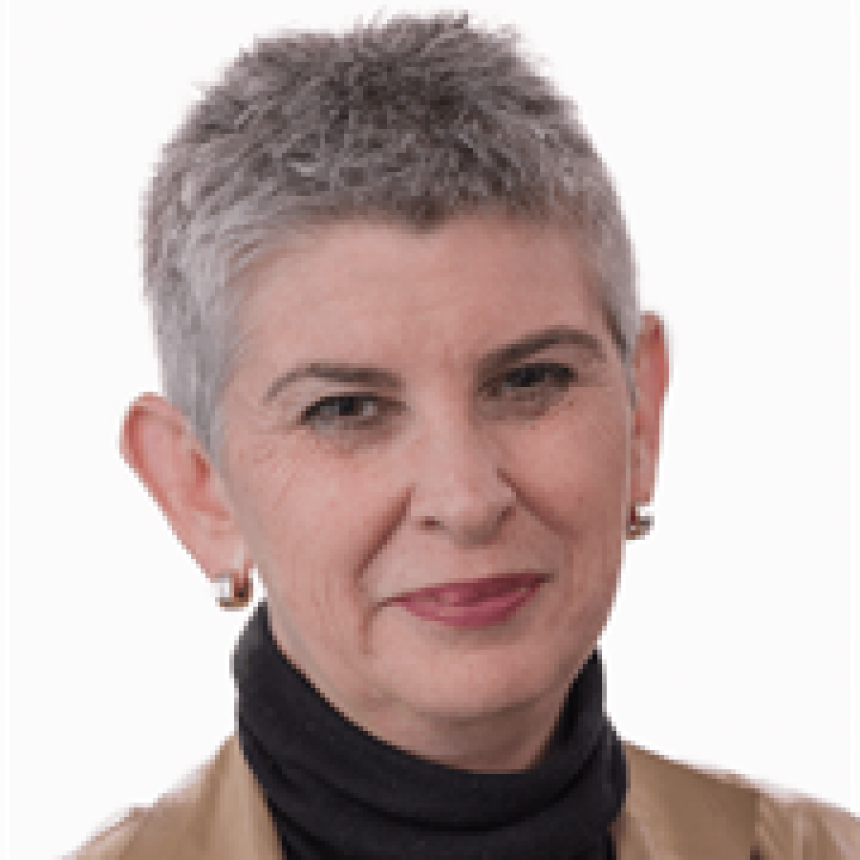 Chair of Psychology - University of Adelaide
Chair of Psychology - University of Adelaide Professor of Mental Health - Curtin University
Professor of Mental Health - Curtin University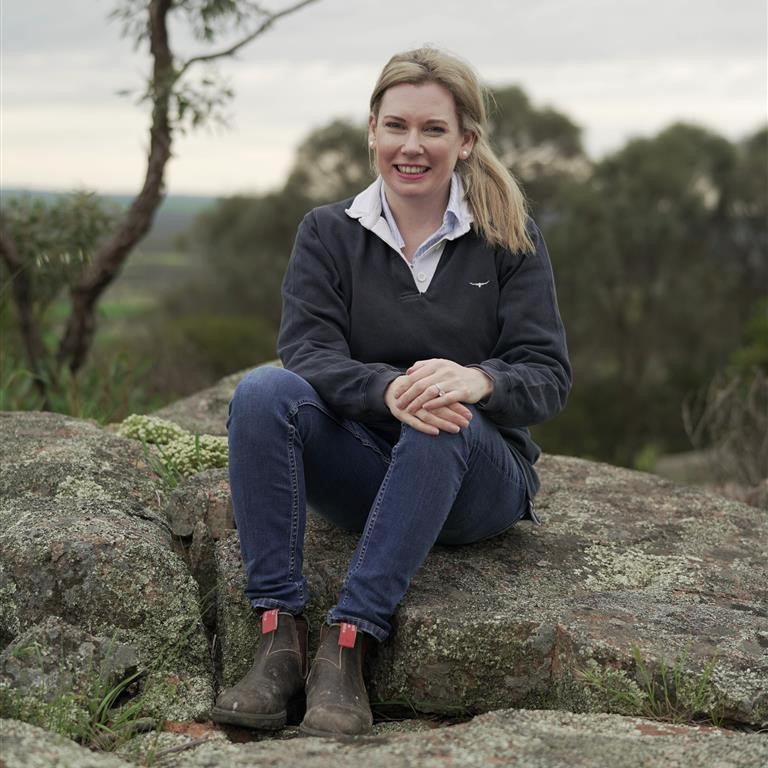 Associate Professor Allied Health and Human Performance - University of Adelaide
Associate Professor Allied Health and Human Performance - University of Adelaide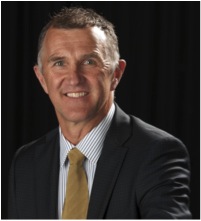 Professor of Physical Geography - University of New England
Professor of Physical Geography - University of New England Associate Professor
Associate Professor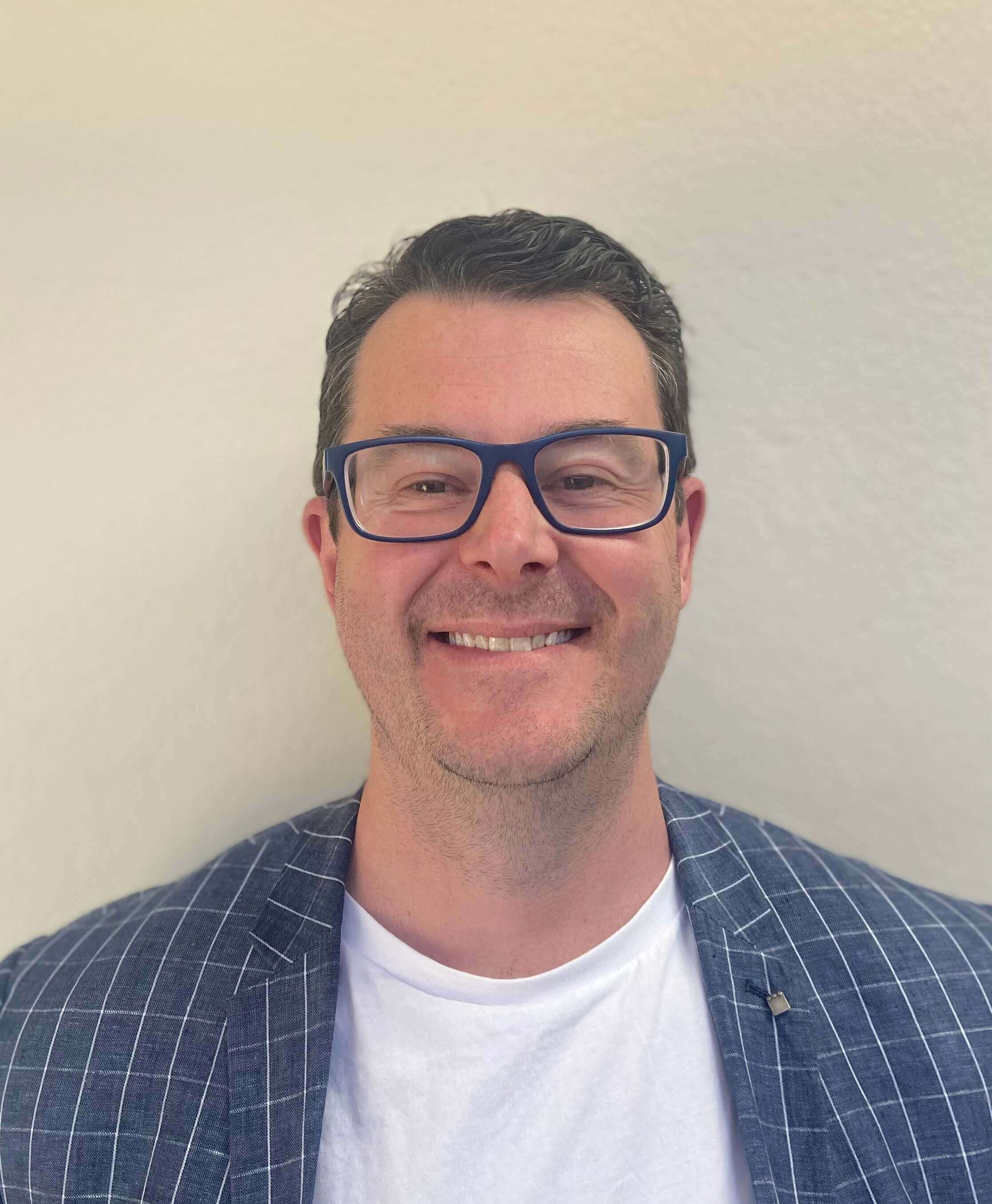 Associate Professor in Clinical Psychology - University of New England
Associate Professor in Clinical Psychology - University of New England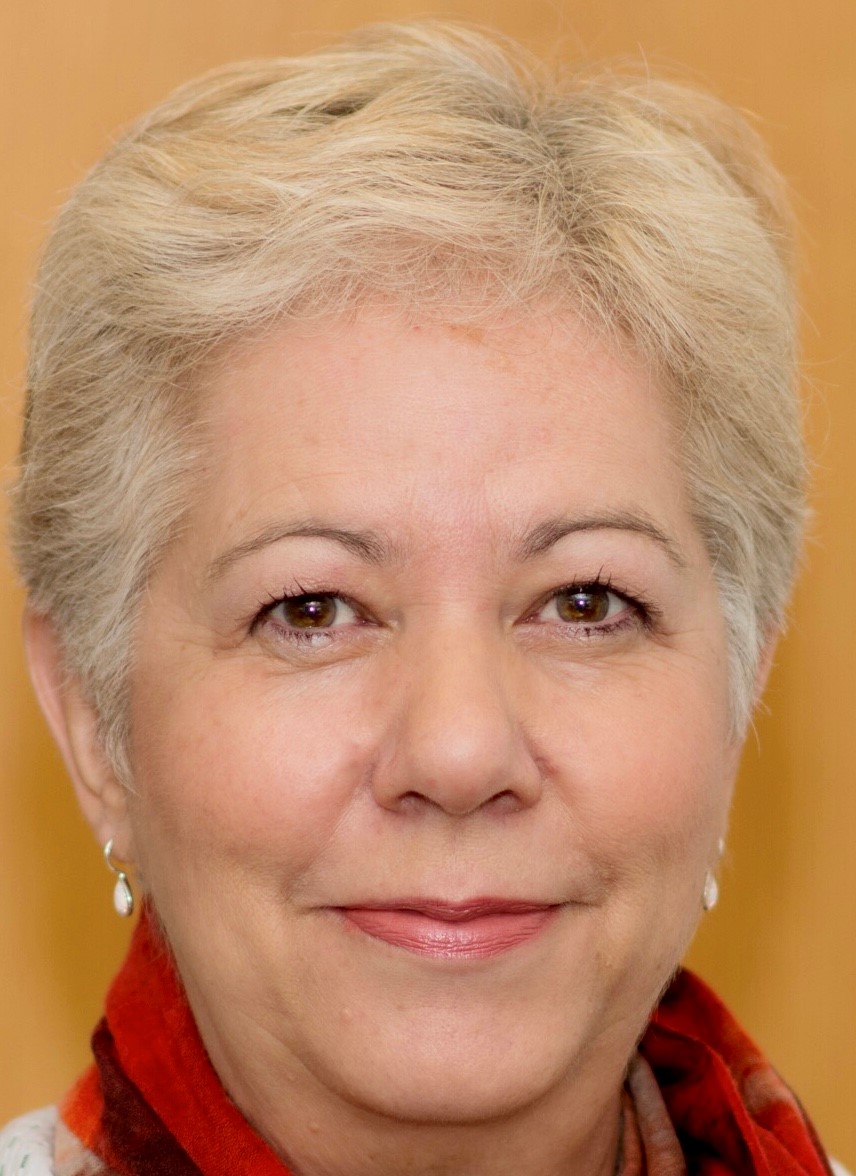 Senior Research Officer - School of Population Health - Curtin University
Senior Research Officer - School of Population Health - Curtin University Professorial Research Fellow - Federation University
Professorial Research Fellow - Federation University Associate Professor in Physical Geography - University of New England
Associate Professor in Physical Geography - University of New England Professor in Public Health - University of Adelaide
Professor in Public Health - University of Adelaide Professor in Clinical Psychology - University of New England
Professor in Clinical Psychology - University of New England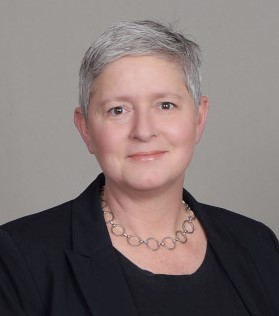 Adjoint Associate Professor - University of Colorado.
Adjoint Associate Professor - University of Colorado. 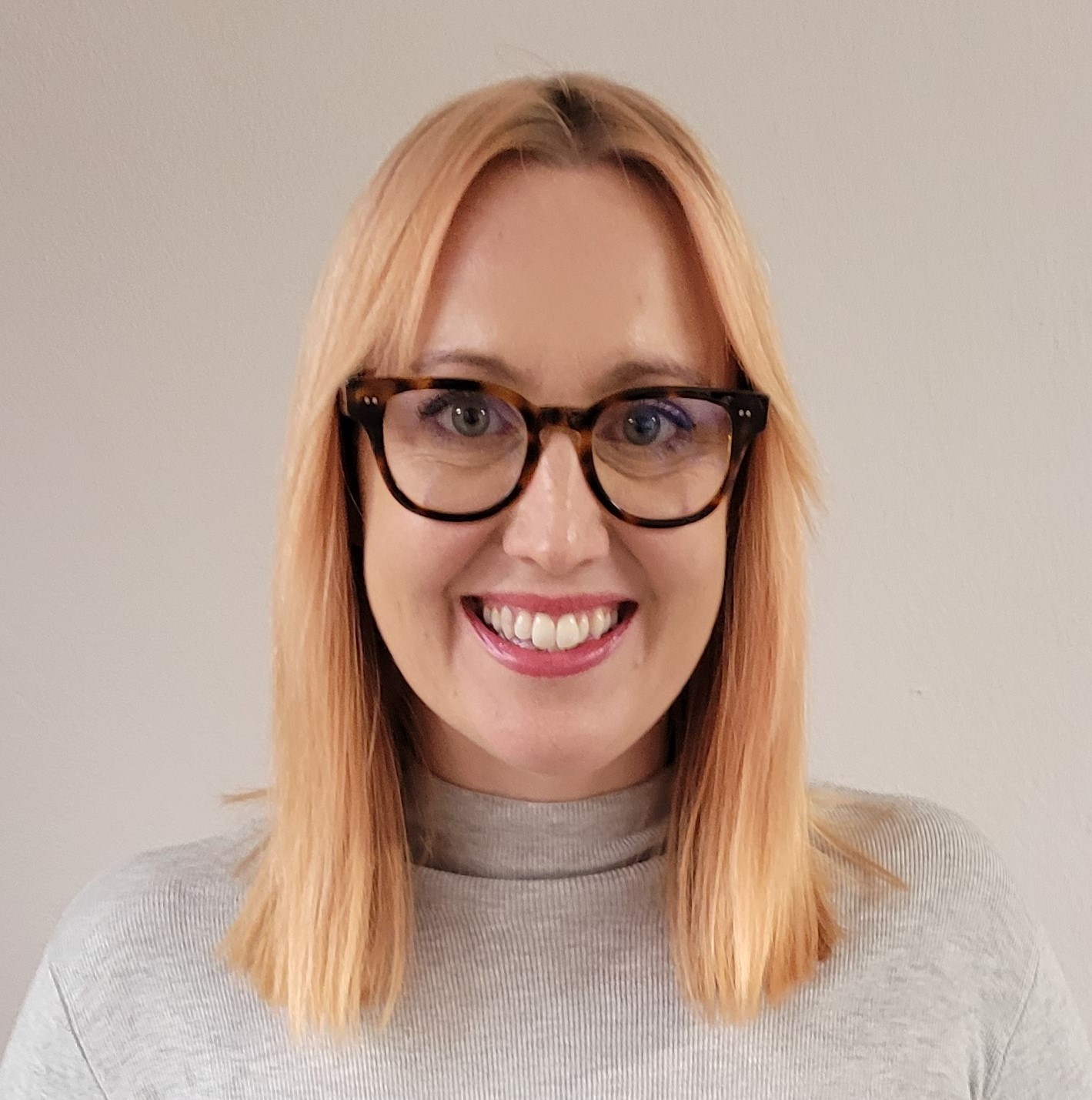 Senior Lecturer in Psychology - University of Adelaide
Senior Lecturer in Psychology - University of Adelaide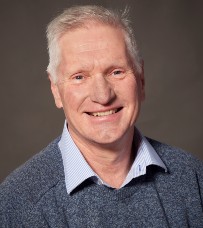 Associate Professor in Clinical Psychology - University of New England
Associate Professor in Clinical Psychology - University of New England Dr Amanda Jefferys - Acting Director of the Clinical Program University of New England
Dr Amanda Jefferys - Acting Director of the Clinical Program University of New England![]()
 Dr Cassandra Sundaraja - Senior Lecturer Clinical Psychology UNE
Dr Cassandra Sundaraja - Senior Lecturer Clinical Psychology UNE

